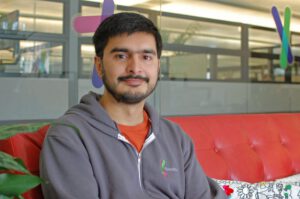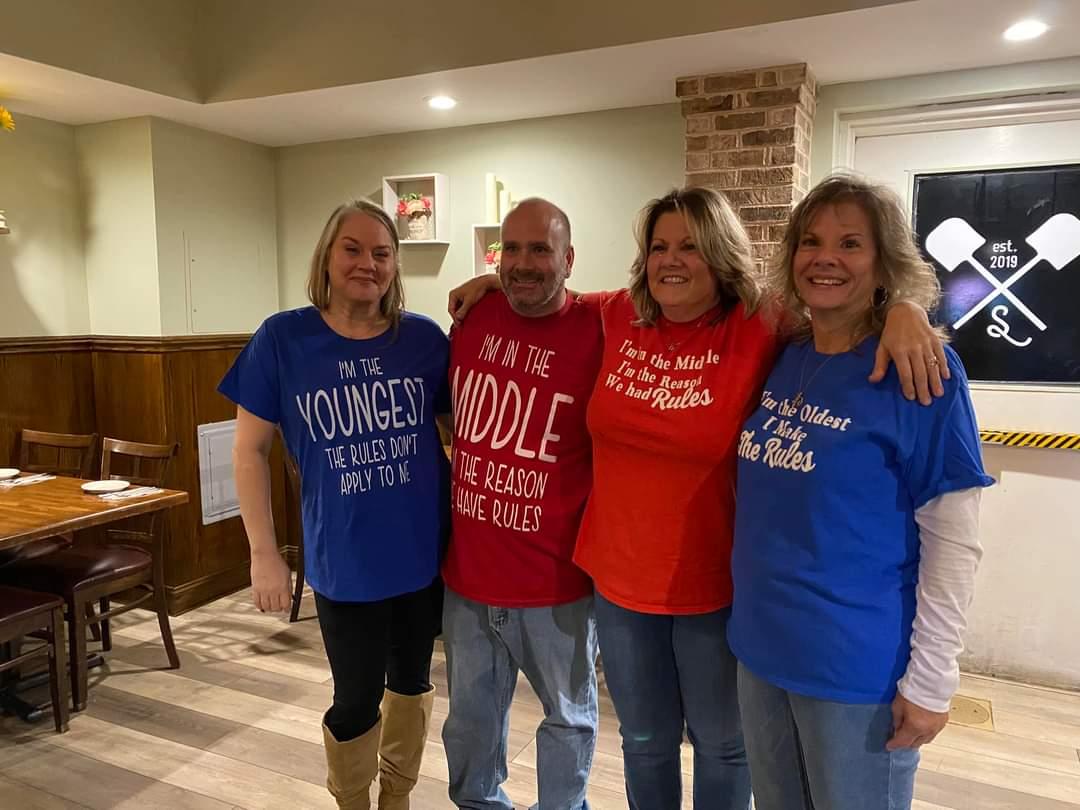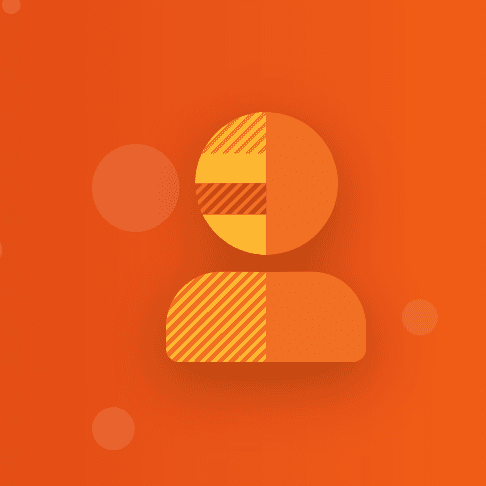By Arnab Chowdry, Senior Scientific Software Engineer at 23andMe
Having been young and healthy for the majority of my life, I haven’t had many opportunities to interact with our health care system. Not too long ago I was a sedentary, slightly-overweight, South Asian man entering my thirties. I had some ambiguous family history of diabetes but, like everyone I know, I felt that the less I saw my doctor, the better. Most importantly, by medical standards, I had no reason to consider myself predisposed to heart disease.

Then, not long ago, my 23andMe data and a paper in Nature Genetics changed my story. Ironically, I work for 23andMe as a scientist and engineer; I analyze genetic data for a living, but until then my work had been abstract. I knew we were helping people but never expected any particularly life-altering information to come out of my personal genetics.
It turns out that I carry a mutation in the MYBPC3 gene that is associated with familial hypertrophic cardiomyopathy (HCM). South Asians that carry this mutation are at greatly increased risk for HCM. Well that’s strange–if I’m a carrier, then one of my parents has to be a carrier, and one of their parents (and so on). But if it is such a significant modifier of risk, shouldn’t I have heard of HCM running in my family, before?
With some research, I learned that HCM is not commonly screened for, in the United States or India, but is a leading cause of sudden cardiac death in athletes. So it’s reasonable that I may not have heard of HCM in my family, because it may never have been diagnosed. But I called my mother anyway and started asking questions: do we have any heart disease in our family?
I was surprised to learn that the answer was an emphatic: yes. Though we had never discussed it, my mother was similarly surprised that I didn’t know that the majority of deaths in my family were related to heart disease. My grandmother, who I thought had died of diabetes, actually suffered from angina and died of heart failure. My grandfather on my father’s side had early-onset heart attacks and died from a blood clot. Their brothers and sisters? Cardiac arrest. I even had a middle-aged cousin I never met who died the month before due to sudden cardiac death. And all this time, at the doctor’s office, I never checked any box related to heart disease in my family history. This information wasn’t recorded, anywhere, except the notepad I was using.
Given the surprising prevalence of heart issues on both sides of my family, it was hard to pin down which of my parents was likely to carry my mutation, so I got them both genotyped by 23andMe. From there, it was easy to determine that the mutation came from my father’s side, which had more of the early-onset heart attacks. I explained the research paper and its caveats to him and told him to talk to his doctor, then hung up the phone and realized: “Wait, shouldn’t I talk to my doctor?”
How do I even bring it up? I’m a member of an HMO (Kaiser), and I like my primary care physician. He’s always taken me seriously and referred me to the appropriate specialists, but he’s not a geneticist and I’m sure he’s never heard of this mutation, this gene, or this paper. I was afraid he would laugh at me if I tried to explain that I bought a test online and found a mutation that suggests I should be screened for HCM. But that’s what I did, in a nutshell, and to my surprise, he called up cardiology right away.
The cardiologist had never heard of this mutation, either, and went so far as to claim that there aren’t any such dominant mutations in MYBPC3. All right, the paper came out in 2009 and, living in North America, I didn’t expect a South Asian variant to be well-known, but I didn’t expect the cardiologist to speak so authoritatively on something he was clearly wrong about. My physician, to his credit, referred me to the genetics department and sent me home.
The geneticist who called me back was surprisingly informed and began the conversation by apologizing for the misinformation the cardiologist gave me. She was particularly disappointed because she had recently given a talk about mutations in MYBPC3 to that department. She also hadn’t heard of this mutation, but asked me to forward her the relevant papers and spent a week reading them. She said that this would be considered a “variant of unknown significance,” but because of the deletion being in MYBPC3, I should be screened for HCM anyway.
I was referred back to cardiology for testing. I took a resting and stress test EKG that indicated a worrying drop in blood pressure after exercise and an unusually long recovery time (consistent with my experiences attempting to work out). I got an echocardiogram which didn’t detect HCM but found abnormal wall motion in my heart. I spoke to another cardiologist who told me: “you aren’t 40 yet, so you aren’t at risk.” The results were forwarded back to my physician, who summarized them as “normal” and sent me home.
I’m a scientist and I’ve worked professionally with clinicians in the past. I know how the population statistics work and why they sent me home. It doesn’t make economic sense for an HMO to spend any more money on me, when they can’t treat the condition, anyway. But as an individual, this was unsatisfying. What could I do to empower myself?
A lot of things. I started dieting and losing weight. I increased my activity level with more standing and walking, did more yard work and less video gaming. I cut out a number of stressful activities in my life. Today, I’m still South Asian, I still have this mutation, and I’m not getting any younger. But I’m back to a healthy BMI. I have an active lifestyle, I e-mail my doctor regularly to keep in touch, and I have a well-documented family history of heart disease. Most importantly, I’ll be regularly screened for HCM from here on out and that’s one disease that won’t catch me by surprise.
Results will vary due to unique differences in each individual’s DNA. On average users receive at least one or two results that may be relevant to proactively managing health. 23andMe’s service does not diagnose disease. 23andMe is not a substitute for professional medical or diagnostic advice.



